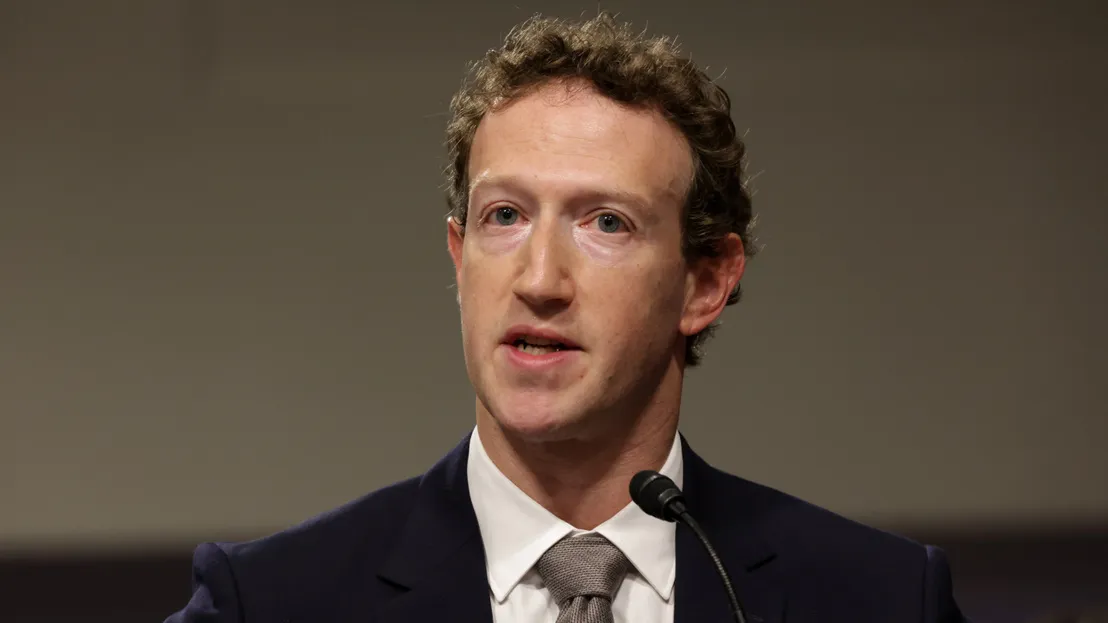
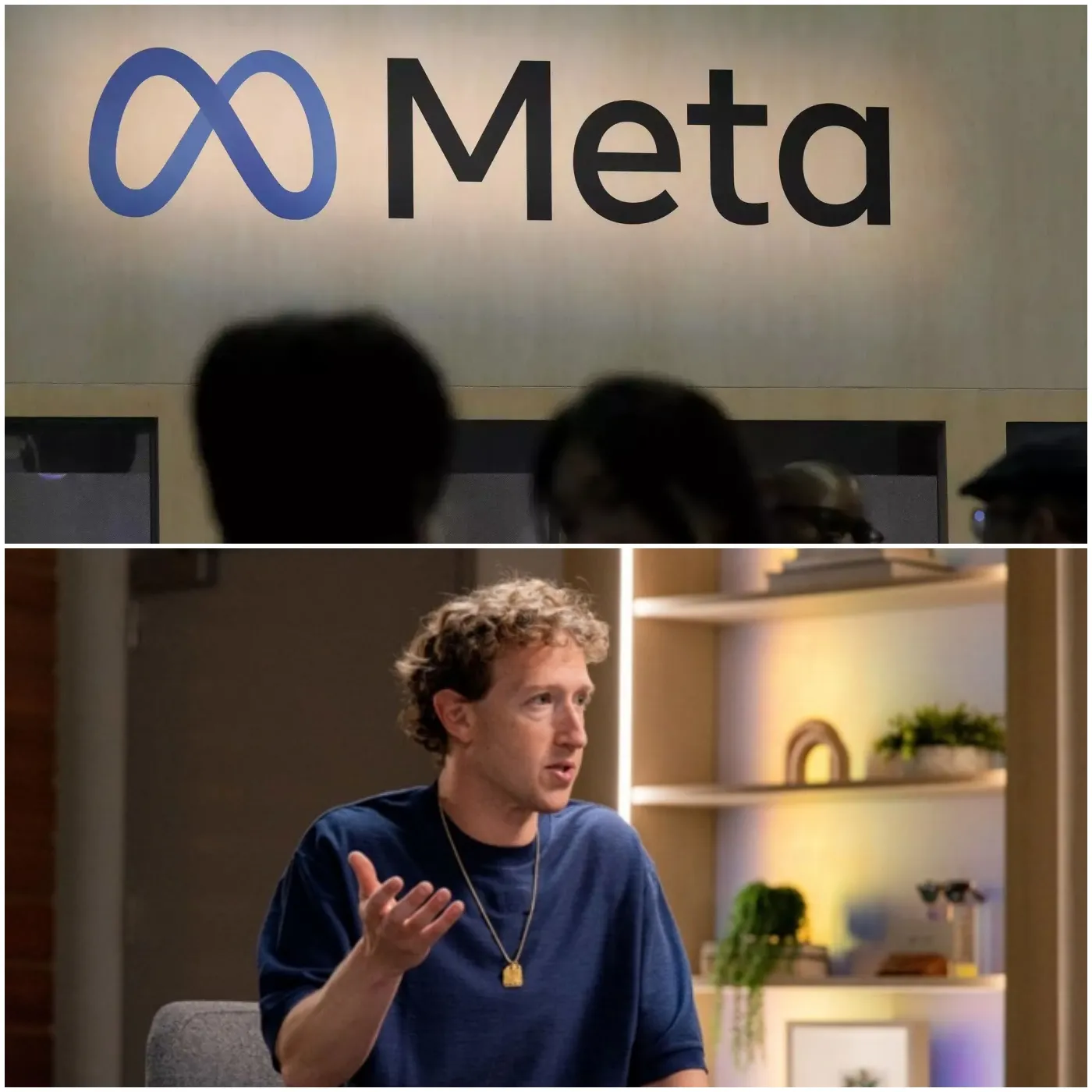
Meta Lays Off 3,600 Employees to ‘Raise the Bar’ on Performance
Meta has announced plans to lay off approximately 3,600 employees, representing 5% of its global workforce, in a strategic move aimed at enhancing performance standards and boosting efficiency. The decision, revealed on January 14, is part of CEO Mark Zuckerberg’s broader initiative to streamline operations and maintain a competitive edge in the fast-evolving tech industry.
The layoffs are a continuation of Meta’s efforts to reshape its workforce following a series of organizational changes over the past year. According to a Meta spokesperson, the cuts are focused on “low-performing employees”, aligning with Zuckerberg’s earlier warnings about tightening performance evaluations and increasing accountability within the company. The move reflects the company’s goal to create a more competitive and performance-driven culture, where only the strongest talent thrives.
What sets this round of layoffs apart is Meta’s plan to rehire for many of the affected positions. Instead of merely reducing headcount, the company intends to replace outgoing employees with new talent that better aligns with its high standards and evolving business needs. This approach suggests that Meta is not downsizing due to financial pressures, but rather refining its workforce to ensure it is better equipped for the challenges ahead.
As of September 2024, Meta employed over 72,000 people globally, making this 5% reduction a notable adjustment. However, the 3,600 layoffs are part of a more extensive strategic plan that emphasizes quality over quantity in staffing. By implementing this change, Meta aims to foster innovation, accelerate project timelines, and maintain its leadership in key areas such as virtual reality, artificial intelligence, and the metaverse.
These latest cuts follow a pattern of restructuring in the tech industry, where several major companies have also recalibrated their workforces. However, Meta’s approach of cutting underperformers and recruiting stronger talent is a distinct strategy, signaling a shift in focus from rapid growth to sustained performance. This move also serves as a reminder to current employees that high performance is crucial to remaining part of Meta’s vision.
With Zuckerberg’s focus on efficiency and excellence, Meta is positioning itself to adapt quickly to market changes and technological advancements. While the layoffs bring immediate challenges to those affected, they could ultimately strengthen Meta’s foundation, enabling the company to execute its ambitious goals with renewed vigor and clarity of purpose.
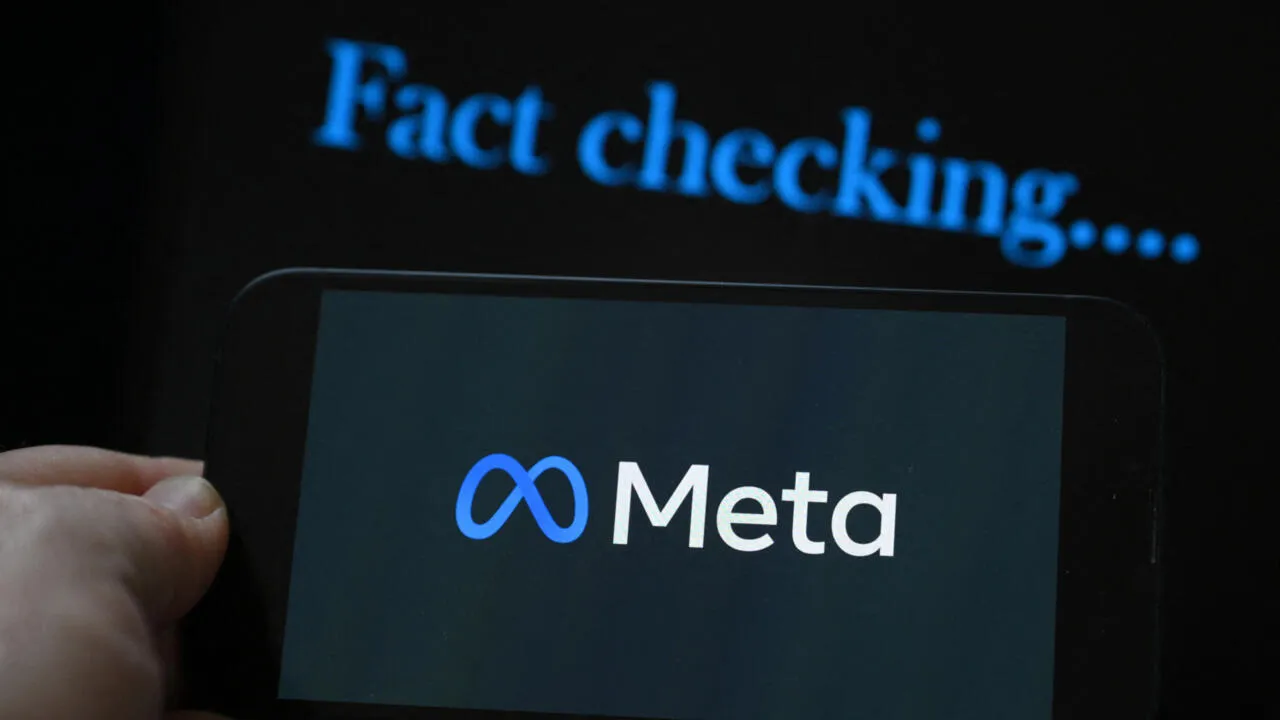
Raising Performance Standards: Internal Memos Reveal More Details
The recent layoffs at Meta are part of a broader shift towards a more aggressive performance management system, as outlined in multiple internal communications over the past few months. The tech giant, under CEO Mark Zuckerberg’s leadership, is tightening its performance standards and swiftly removing underperformers, signaling a new era of heightened expectations within the company.
According to Business Insider, Zuckerberg conveyed his intentions clearly in an internal memo, emphasizing the need to “raise performance management standards” across all departments. He stressed that underperformers would not be given extended opportunities to improve, instead opting for a rapid elimination process to maintain high productivity and efficiency. This decisive approach aligns with Meta’s broader strategy of recruiting top talent while phasing out employees who do not meet evolving standards.
In a Workplace post, Zuckerberg also confirmed that the layoffs would coincide with this year’s performance review cycle, indicating a structured and strategic execution of the job cuts. Affected employees were notified on February 10, giving workers a clear timeline and transparency about the process. The timing of the layoffs within the performance review cycle underscores Meta’s commitment to aligning human resources decisions with business objectives, ensuring the workforce remains agile and capable.
Adding to this, Hillary Champion, Meta’s Director of People Development, provided additional insights through a separate memo. She explained that the company’s goal was to reduce approximately 5% of employees who had completed a performance review. This targeted approach not only aims to improve overall team performance but also opens opportunities for new talent to join Meta, bringing fresh perspectives and expertise. Champion’s statement reinforces the idea that these layoffs are not merely cost-cutting measures but are strategically designed to maintain Meta’s competitive edge.
While Meta has not officially commented on the specifics of the layoffs, insiders suggest that the severance packages offered to affected employees will be consistent with previous rounds of job cuts. These packages are expected to provide financial support, offering a soft landing to those departing the company. This approach mirrors Meta’s past practices, where generous severance terms helped ease transitions for former employees.
The combination of clear communication, structured execution, and supportive exit packages reflects Meta’s intent to balance corporate efficiency with a degree of compassion, even as the company sharpens its focus on high performance and organizational excellence.
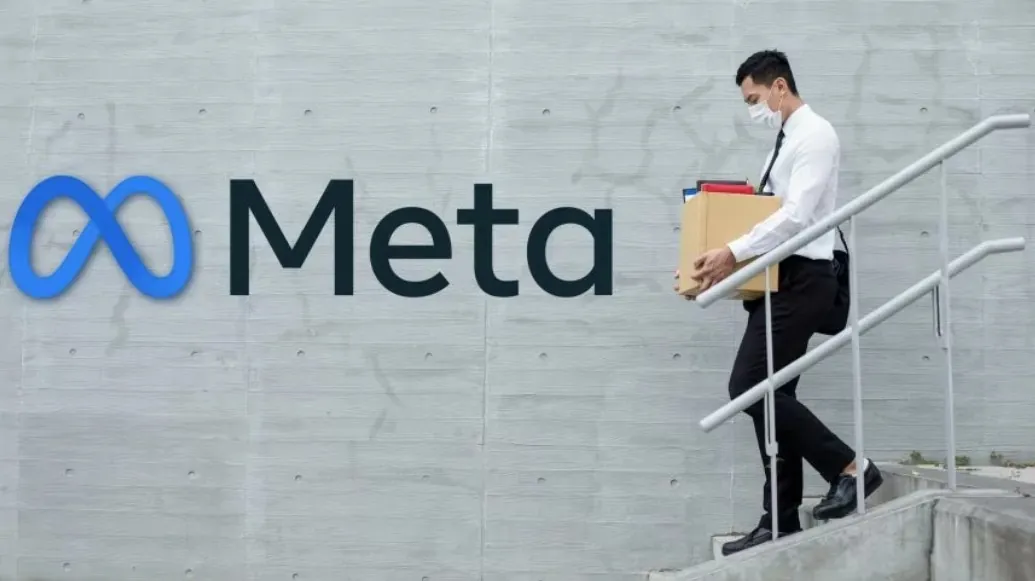
AI’s Growing Role at Meta: Replacing Engineers?
Meta’s latest workforce cuts come amid Zuckerberg’s growing interest in artificial intelligence (AI) and automation.
During an appearance on The Joe Rogan Experience podcast on January 10, Zuckerberg suggested that AI could soon replace mid-level software engineers at Meta and other major tech firms.
“By 2025, we may have AI models capable of performing at the level of mid-tier engineers—someone who can write code fluently,” he stated, hinting that automation may play a larger role in Meta’s future hiring strategy.
If this vision becomes reality, future layoffs could extend beyond low performers, potentially reshaping Meta’s entire engineering workforce.
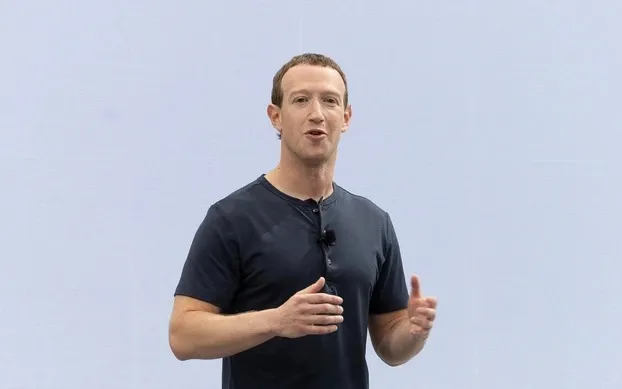
Meta’s Workforce Overhaul: A Pattern of Cost-Cutting Moves
This is not the first time Meta has taken drastic workforce measures. The company previously implemented a massive cost-cutting campaign in late 2022 and early 2023, laying off over 20,000 employees in two waves.
The restructuring effort cost Meta over $3.5 billion, which included:
– $2.5 billion for facility consolidation, such as office closures and space reductions.
– $1 billion in severance and personnel costs.
Despite the short-term financial hit, the move paid off for Meta, helping the company meet its 2023 financial goals:
– Revenue increased by 16%.
– Profits surged by 69%.
– Meta’s stock reached an all-time high of $450 on February 1, 2024.
These numbers suggest that Wall Street has responded positively to Meta’s leaner, more efficient business model, encouraging the company to continue refining its workforce and operations.
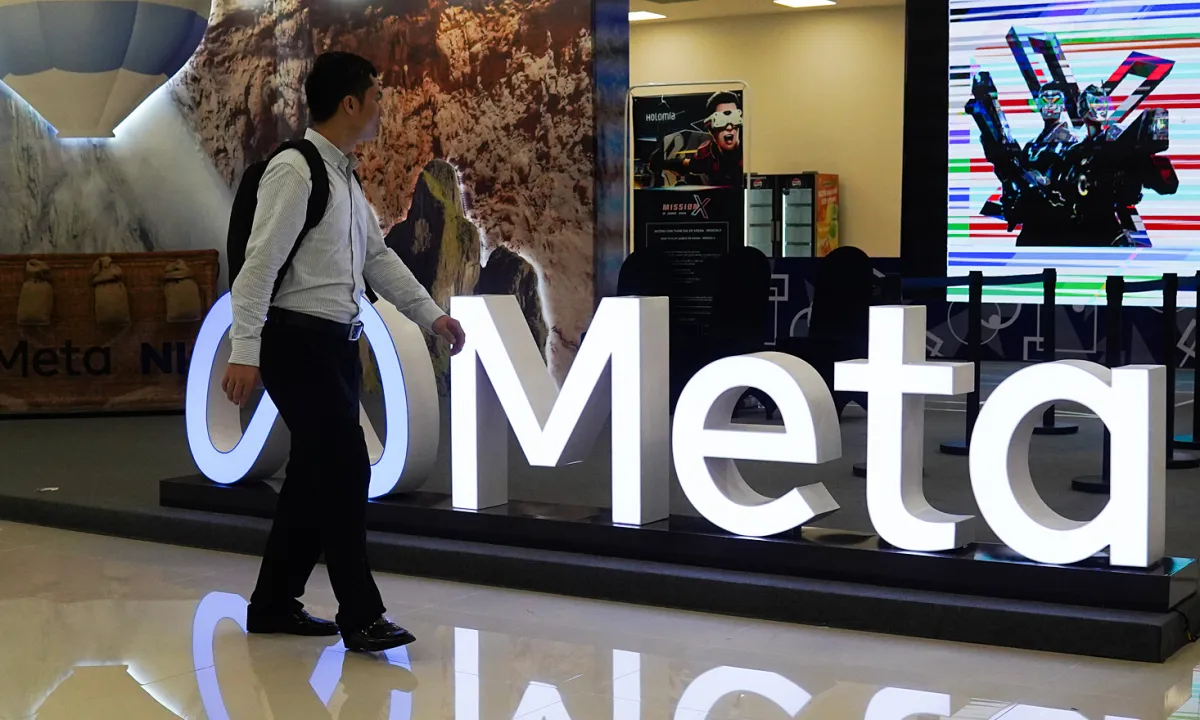
What’s Next for Meta?
Beyond job cuts, Meta has made other significant strategic moves in recent weeks:
– Shutting down its Diversity, Equity, and Inclusion (DEI) team, signaling a shift in its hiring approach.
– Scrapping third-party content moderation partnerships in favor of a community annotation system—a model similar to X (formerly Twitter).
These changes, coupled with the company’s investment in AI-driven automation, indicate that Meta is moving toward a more streamlined, performance-driven culture.
While the latest round of layoffs will create uncertainty for employees, the company’s focus remains on maximizing efficiency, optimizing talent, and maintaining its financial growth trajectory.
Final Thoughts: A Leaner, More Competitive Meta?
Meta’s decision to lay off 3,600 employees is part of a broader effort to tighten performance standards and increase efficiency. While the company plans to hire replacements, the move reflects Zuckerberg’s long-term vision of a leaner, high-performing workforce—potentially one with a greater reliance on AI and automation.
With Meta’s financial success backing its strategy, the question remains: Will these cuts lead to long-term innovation, or will they create new challenges for the company’s future growth?










